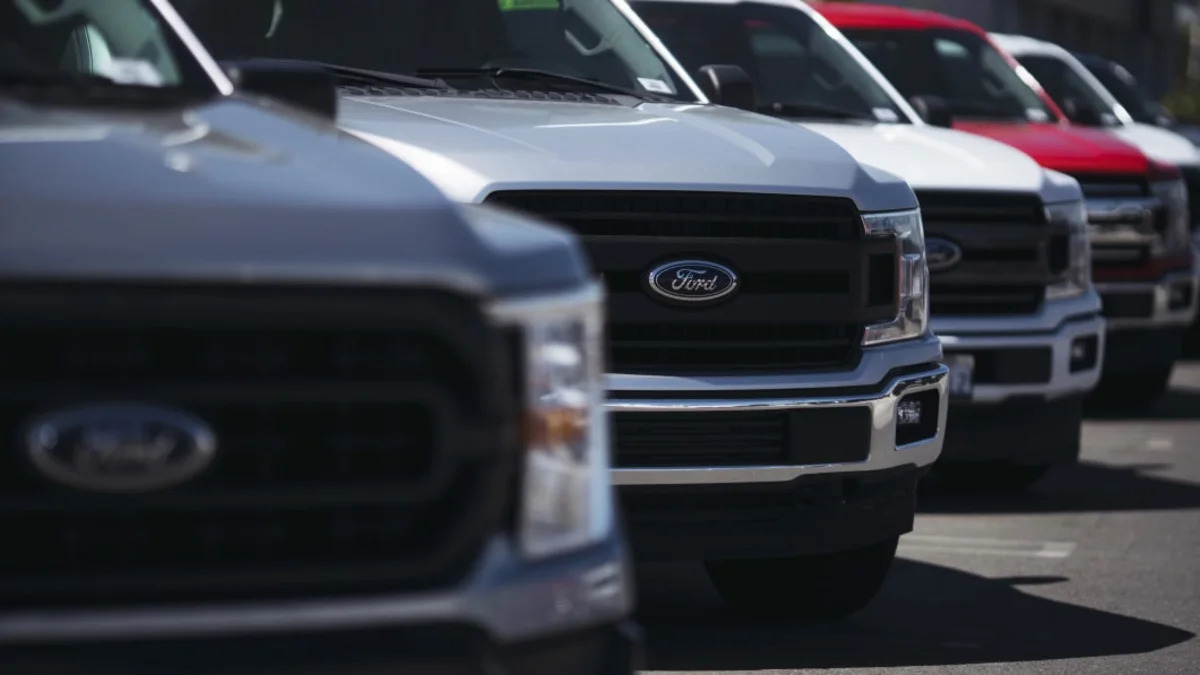New vehicle demand from U.S. retail and commercial customers is outpacing expectations, two top Detroit auto executives said on Thursday.
Their positive comments underscored an upbeat report by the U.S. Commerce Department that showed U.S. retail sales unexpectedly rose in May as consumers bought more motor vehicles and a range of other goods.
"If the consumer remains at this strength, we could significantly outperform what we said" about full-year performance, General Motors Chief Financial Office Paul Jacobson told a Deutsche Bank investor conference.
Ford Chief Financial Officer John Lawler, in a separate interview at the conference, said "the consumer is hanging in there" while noting continued strength and "pricing power" in the company's Ford Pro commercial business.
The comments from the two CFOs marked a shift from earlier in the year when many economists and some auto sector executives were bracing for a U.S. recession. Tesla CEO Elon Musk in January forecast a "serious recession" and subsequently began slashing prices on the electric car company's vehicles.
Since then, U.S. vehicle sales have stabilized and vehicle production has recovered to close to pre-pandemic levels as supply chain bottlenecks have eased.
Jacobson and Lawler said their companies will keep pushing cost-reduction programs that have already cut thousands of jobs from Ford and GM payrolls. The two companies are under pressure to fund the launch of new electric vehicles that in the near-term will return far less profit than traditional combustion-engine trucks and SUVs.
Ford shares were up 1.1% to $14.36 in afternoon trading on the New York Stock Exchange, while GM shares rose 1.5% to $37.93 on the NYSE.
Lawler said Ford sees continued strength and growth in its combustion-engine vehicles "for the next few years" as it ramps up investment in and production of EVs.
At the same time, the company is focused on slashing engineering and manufacturing costs by 50% on its second-generation EVs, including a successor to the F-150 Lightning that is due in the middle of this decade.
Lawler hinted that Ford may follow Tesla's lead in employing large underbody castings on its next-generation electric vehicles in its broader efforts to trim costs.
Jacobson said GM will not let up on its effort to cut $2 billion out of annual operating costs. As GM faces rising costs for electric vehicles, Jacobson said cost reduction should not be "a program ... and we go back to the way it was. We have to cultivate continuing improvement on the cost side."
Both executives said their companies' decisions to join Tesla's EV charging network and embrace its NACS (North American Charging Standard) charging protocol will save money and benefit their EV customers.
Jacobson said GM has an opportunity to partner with Tesla in developing future locations for EV chargers.
Lawler said the adoption of Tesla's charging standard will not require additional capital investment on Ford's part.
Owners of GM and Ford EVs will gain access to more than 12,000 Tesla Superchargers in North America, starting in early 2024.


Sign in to post
Please sign in to leave a comment.
Continue